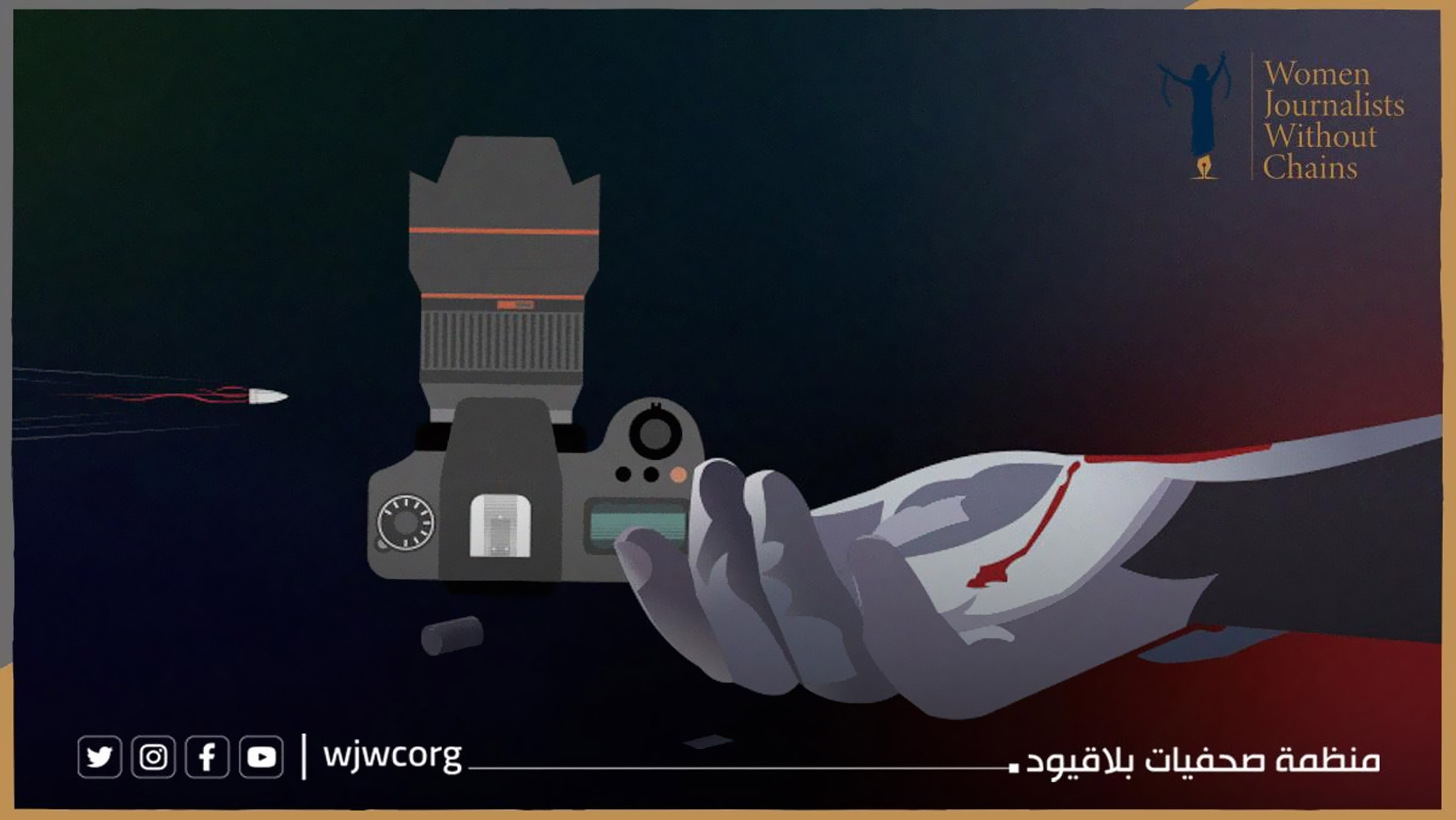Wjwc News

Price of Truth: Impunity and Assault on Journalists
On November 2, the International Day to End Impunity for Crimes Against Journalists serves as a critical reminder of the ongoing threats faced by media professionals worldwide.
This observance highlights the urgent need for accountability in cases of violence against journalists, which poses a significant barrier to free expression. The absence of justice not only endangers journalists but also undermines the public's right to access information.
Journalists play an essential role as advocates for free expression, particularly in regions marked by conflict and social unrest. In the Middle East and North Africa, correspondents routinely report on human rights violations and war crimes, often at great personal risk. Their work is crucial in documenting and disseminating information that holds power to account, yet many of these efforts remain unrecognized, allowing perpetrators of violence to operate with impunity.
Data from UNESCO reveals that the global rate of impunity for journalist killings is a troubling 86%. This statistic underscores the pressing need for effective measures to protect journalists and ensure that those responsible for violence against them are held accountable. The prevalence of impunity not only affects the safety of individual journalists but also stifles the broader journalistic community, leading to self-censorship and a diminished capacity for independent media.
The systematic targeting of journalists, particularly in conflict zones such as Gaza at the hands of the Israeli occupation, raises significant concerns. Reports suggest that, on average, a journalist is killed every two days in this region by the Israeli occupation, indicating a calculated attempt to suppress information and deny the public its right to know. Such actions constitute serious violations of human rights and international law, warranting an urgent response from the international community.
Tawakkol Karman, Head of Women Journalists Without Chains and Nobel Peace Prize laureate, has emphasized the bravery of journalists reporting on violations across regions such as Palestine, Lebanon, and Yemen. She underscores that these journalists face severe threats while covering issues of organized crime, corruption, and public demonstrations. Karman asserts that protecting journalists and holding accountable those who commit violent acts against them is fundamental to maintaining peace and security in society.
Moreover, Karman points out that international humanitarian law has often failed to impose adequate deterrents against perpetrators of violence against journalists. She notes that despite being recognized as civilians under international law, journalists continue to be intentionally targeted, constituting a war crime. This lack of accountability not only jeopardizes the safety of journalists but also undermines the fundamental principles of justice and human rights.
Karman calls for the international community to cease providing protection to those who systematically kill journalists and to facilitate efforts to hold them accountable. She emphasizes that the safety of journalists is critical to ensuring that the truth is reported and that societies function democratically and justly.
On the International Day to End Impunity for Crimes against Journalists, Women Journalists Without Chains:
Urges all states to conduct prompt, effective, and impartial investigations into the killings of journalists and any violations related to their work.
Calls on the international community to establish a robust accountability mechanism to hold war criminals accountable for targeting journalists.
Stresses the importance of the United Nations and international justice bodies sending a clear message that society will not tolerate attacks on journalists or violations of the right to freedom of expression.
Encourages countries worldwide to mobilize resources in support of the UN Plan of Action on the Safety of Journalists, fostering a safer environment for those committed to reporting the truth.
Released by:
Women Journalists Without Chains
November 2, 2024
